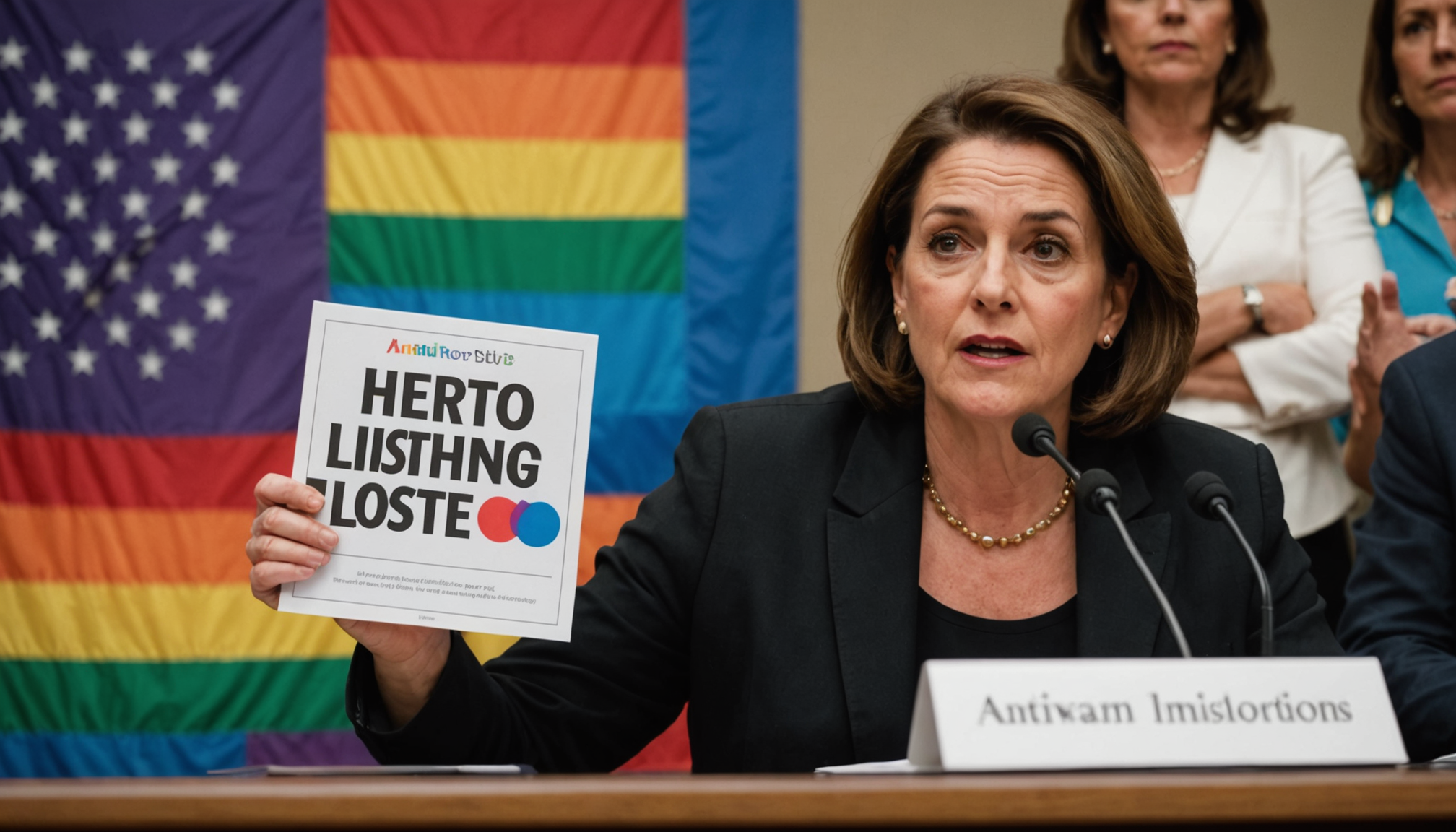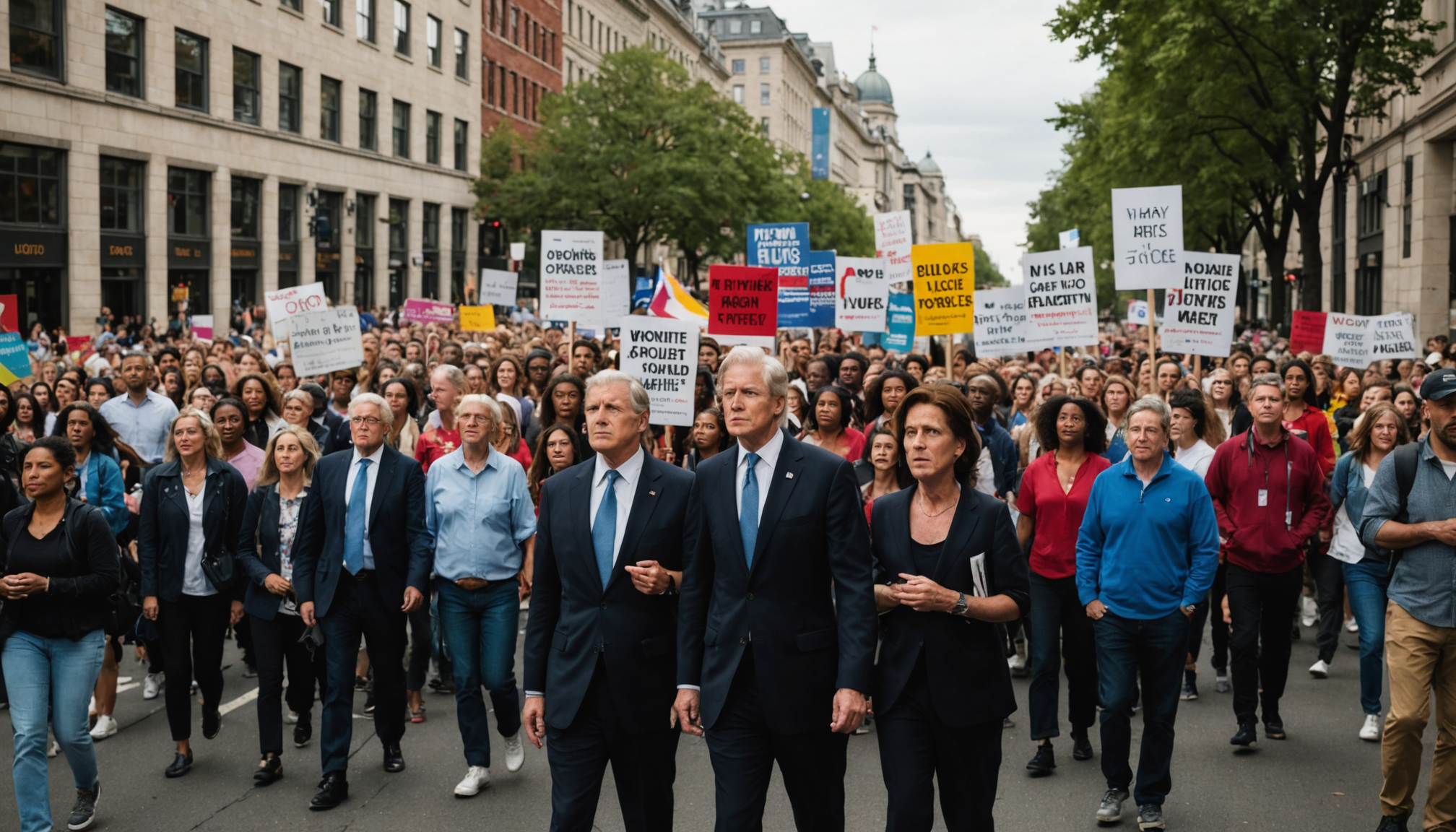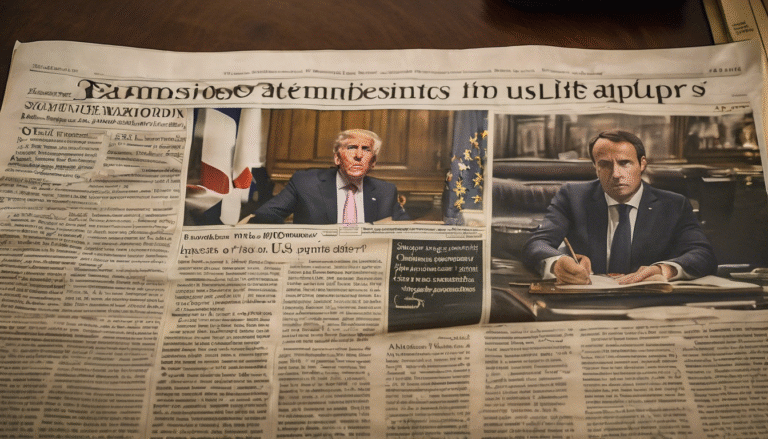
Anti-LGBTQ+ rhetoric has been weaponized as a political tool in at least 51 countries during election campaigns, according to a comprehensive new report released Thursday by human rights organization Global Rights Watch. The study documents a troubling global trend where candidates and parties increasingly target sexual and gender minorities to mobilize conservative voters and distract from economic issues.

The report, which analyzed election campaigns across six continents between 2020 and 2024, found that anti-LGBTQ+ messaging appeared in both democratic and authoritarian contexts, with similar patterns emerging regardless of region or political system.
Global Pattern of Discrimination
Researchers documented hundreds of instances where politicians deliberately portrayed LGBTQ+ people as threats to children, religious values, or national identity. The rhetoric ranged from subtle dog whistles to explicit calls for criminalization of homosexuality and gender-affirming care.
The study identified several common themes in anti-LGBTQ+ campaign messaging:
- Portraying LGBTQ+ identities as “foreign imports” or “Western ideology”
- Framing LGBTQ+ rights as contradictory to religious or traditional values
- Suggesting LGBTQ+ people pose threats to children or families
- Using dehumanizing language that characterizes LGBTQ+ people as mentally ill or morally corrupt
- Proposing or supporting discriminatory legislation during campaign periods
“These are not isolated incidents but part of a coordinated global backlash against LGBTQ+ rights,” said Dr. Amara Santiago, lead researcher of the Global Rights Watch study. “Politicians are cynically exploiting fear and prejudice to win votes, with devastating consequences for already vulnerable communities.” [Source](https://www.theguardian.com/world/2025/sep/11/politicians-in-at-least-51-countries-used-anti-lgbtq-rhetoric-during-elections-ngo-finds)
Regional Variations
While anti-LGBTQ+ rhetoric appeared globally, the report noted significant regional patterns. In Eastern Europe and parts of Central Asia, candidates frequently portrayed LGBTQ+ rights as a threat to national sovereignty and traditional values. In several African nations, politicians linked homosexuality to colonialism while simultaneously using colonial-era anti-sodomy laws to justify discrimination.
In North America and Western Europe, the rhetoric often focused on transgender rights, particularly around youth healthcare and participation in sports. Meanwhile, in Latin America, religious arguments predominated, with evangelical and Catholic references frequently appearing in anti-LGBTQ+ campaign materials.
The report found that even in countries with strong legal protections for LGBTQ+ people, inflammatory campaign rhetoric often went unchallenged by electoral authorities or media outlets.
Impact on Communities
The consequences of anti-LGBTQ+ political campaigns extend far beyond election day, according to the report. In countries where politicians successfully campaigned on anti-LGBTQ+ platforms, researchers documented subsequent increases in hate crimes, discriminatory legislation, and restrictions on civil society organizations serving LGBTQ+ communities.
Mental health professionals in the studied countries reported spikes in anxiety, depression, and suicidal ideation among LGBTQ+ people during and after particularly hostile campaign periods.
“When political leaders legitimize hatred, it gives permission for others to act on their prejudices,” said Maya Kowalski, director of the International LGBTQ+ Rights Coalition. “We’ve documented direct correlations between inflammatory political rhetoric and violence against LGBTQ+ individuals. This isn’t just politics—it’s a matter of life and death for millions of people.”
The report also highlighted the economic impact of anti-LGBTQ+ politics, noting that countries implementing discriminatory policies often faced international business boycotts, tourism declines, and talent exodus as LGBTQ+ people and allies relocated to more welcoming environments.
Background
The rise in anti-LGBTQ+ electoral rhetoric comes during a period of both progress and backlash for LGBTQ+ rights globally. While same-sex marriage has been legalized in 34 countries and transgender rights have advanced in many regions, there has been a simultaneous hardening of opposition.
Political scientists interviewed for the report suggested several factors driving the trend, including the growing visibility of LGBTQ+ people in media and public life, organized opposition from religious and nationalist groups, and the effectiveness of LGBTQ+ issues as wedge issues that can mobilize conservative voters.
The report noted that anti-LGBTQ+ rhetoric often increases during periods of economic instability or political transition, with minorities being scapegoated for broader societal problems.

“These tactics aren’t new,” explained Dr. Jonathan Mercer, professor of political science at Stanford University, who was consulted for the study. “Targeting minorities during campaigns is a time-tested strategy to distract from policy failures or corruption. What’s changed is the global coordination of these messages across borders and political systems.”
Digital Amplification
The Global Rights Watch report paid special attention to how anti-LGBTQ+ rhetoric spreads online during election campaigns. Social media platforms were identified as key vectors for the dissemination of misinformation and hate speech targeting LGBTQ+ communities.
Researchers found evidence of coordinated cross-border campaigns where identical anti-LGBTQ+ narratives and images appeared in multiple countries simultaneously, suggesting organized efforts to influence elections through prejudice.
“The digital dimension cannot be overlooked,” said tech analyst Farhana Patel, who contributed to the report. “We tracked how certain anti-LGBTQ+ talking points originate in one country and rapidly spread to others, often with the same visuals and messaging but adapted to local contexts.”
The study criticized major social media platforms for inconsistent enforcement of hate speech policies during election periods, with researchers documenting numerous instances where clearly violative content remained online despite being reported.
What’s Next

The Global Rights Watch report concludes with a series of recommendations for electoral bodies, media organizations, social media companies, and civil society groups to counter anti-LGBTQ+ electoral rhetoric.
Key recommendations include:
Electoral commissions should establish clear guidelines about discriminatory campaign messaging and enforce penalties for parties or candidates engaging in hate speech. Media organizations need to develop protocols for covering inflammatory rhetoric without amplifying harmful messages. Social media platforms must enforce content policies consistently across all regions and languages, not just in high-profile Western markets.
The report also calls on international election monitoring organizations to specifically track anti-LGBTQ+ rhetoric as part of their standard observation protocols.
“This isn’t just an LGBTQ+ issue—it’s a fundamental test of democratic values,” said Global Rights Watch Executive Director Elena Vasquez. “When any minority group becomes a political target, the foundations of inclusive democracy are undermined. We need systemic responses that protect both vulnerable communities and democratic processes.”
The organization plans to release country-specific reports over the coming months and has announced a global monitoring initiative to track anti-LGBTQ+ rhetoric in the numerous elections scheduled for 2025.
Human rights advocates hope the comprehensive documentation will help create accountability mechanisms and build cross-border solidarity among groups working to protect LGBTQ+ people during politically vulnerable periods.






